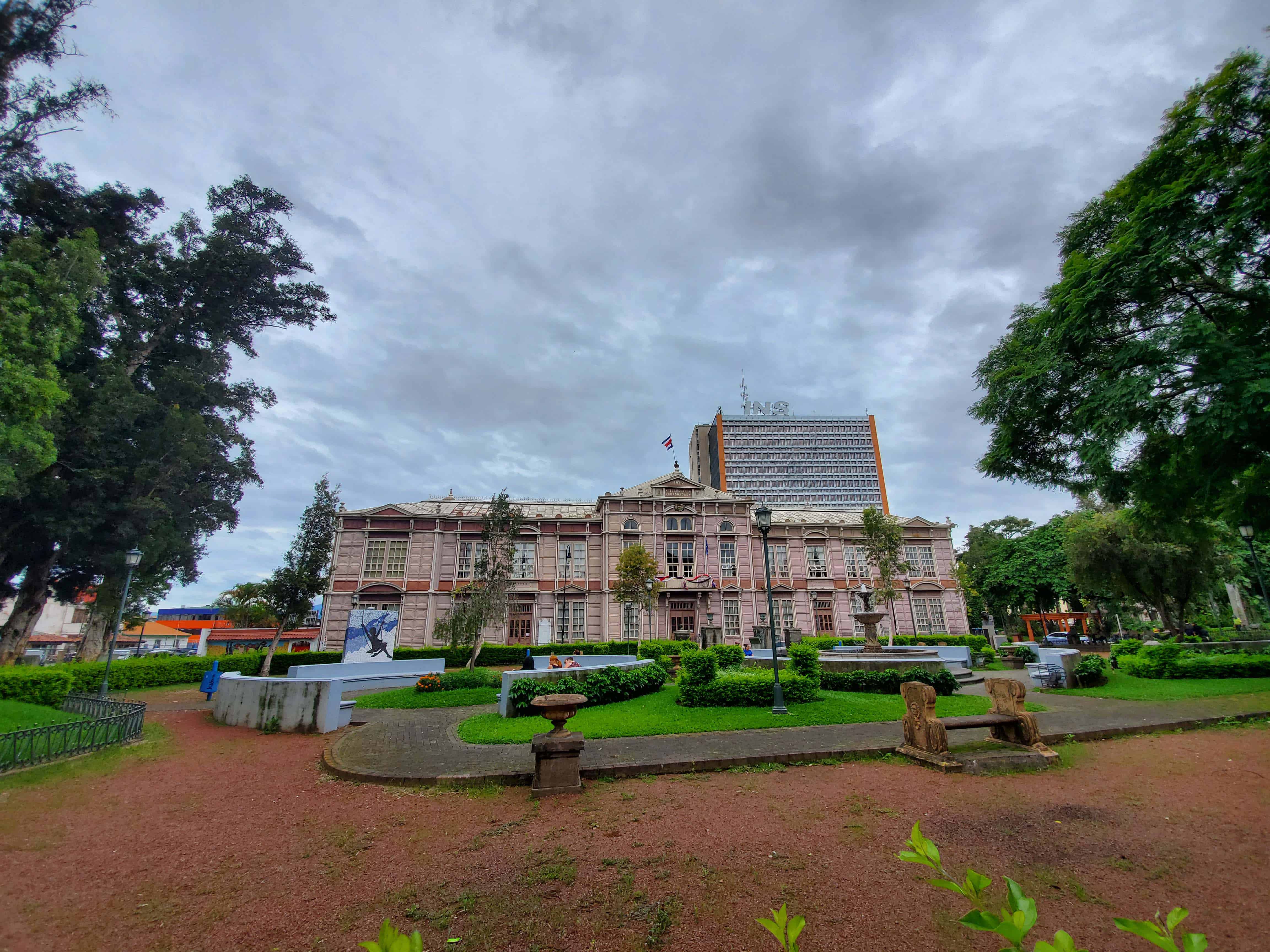The closure of schools in Latin America and the Caribbean due to the Covid-19 pandemic threatens the education of millions of children, especially the poorest, which is why it should be a priority to reopen schools, according to a report released Monday by UNICEF.
The study indicates that the pandemic “has deprived 97 per cent of the region’s students of their normal schooling” due to the closure of schools to prevent the spread of the virus.
This loss of classes has “damaging implications” for the future of children, and with each day that passes with closed schools “a generational catastrophe is unfolding, one that will lead to profound consequences for society as a whole,” the report warns.
Last week, a Unesco report highlighted that Latin America, the most unequal region in the world, could face a “generational disaster” due to the impact of the coronavirus on education.
“Covid-19 has hit pause, it has frozen the progress in the education of the majority of boys and girls in Latin America and the Caribbean,” Laurent Duvillier, Unicef’s regional communication chief, told AFP.
In Costa Rica, UNICEF is “supporting the Ministry of Public Education efforts toward progressively and safely reopening schools,” the agency said.
The prolonged closure of schools, which in some countries exceeds seven months, prevents the return to classrooms of 137 million children in the region. More than a third have access to distance education.
‘Vicious circle’
The document, entitled “Education on Hold,” highlights that the pandemic has exacerbated inequalities in Latin America and the Caribbean, where millions of infants, especially from poor families, may not be receiving any type of education, impacting their professional and personal future.
“The closure of schools does not affect everyone equally. Those who live in poorer environments have more difficulty learning from home, where there is not necessarily an internet connection, a computer or a desk,” Duvillier said.
“Due to the pandemic, these children are increasingly at risk of being left out of school and trapped in a vicious cycle of poverty in the future.”
The report details that while three-quarters of students in private schools can access distance education, only half of those who attend public schools can.
Furthermore, 21% of children and adolescents from the poorest households are not receiving any education, compared to 14% of those from the richest households.
Children with cognitive and physical disabilities, refugees and migrants, as well as girls face “a greater risk of exclusion” in their learning process, according to Unicef.
‘Urgent’ need to reopen schools
In Latin America, there have been 12 million infections and 412,000 deaths from the new coronavirus. Brazil, Mexico, Peru and Argentina have the highest number of deaths related to Covid-19.
The study warns that 16% of schools in the region lack water services, 12% do not have hand-washing facilities, and just over a quarter have infrastructure for hand washing but inadequate soap.
However, Unicef believes that schools should reopen with the necessary biosecurity protocols for children to continue their educational cycle.
“The reopening of schools must be a priority for governments as soon as it is safe,” the report said. “Therefore, planning and preparing for reopening must be done as soon as possible.”
Bernt Aasen, UNICEF acting regional director for Latin America and the Caribbean, clarified that before a reopening, “it is urgent to prepare the schools” so that they comply with all biosanitary measures.
Experts also fear that the crisis will destroy advances of recent years in access to education, forcing the poorest children to look for work.
“In Latin America and the Caribbean, COVID-19 has pushed millions of families into poverty. Without help, many parents will have no choice but to sacrifice their children’s education. Millions of the most vulnerable students may not return to school, “Aasen warned.
Read the full UNICEF report here. (Link downloads PDF.)






